6. ‘Wacky Ideas’ Are Easy – Stories Require Work
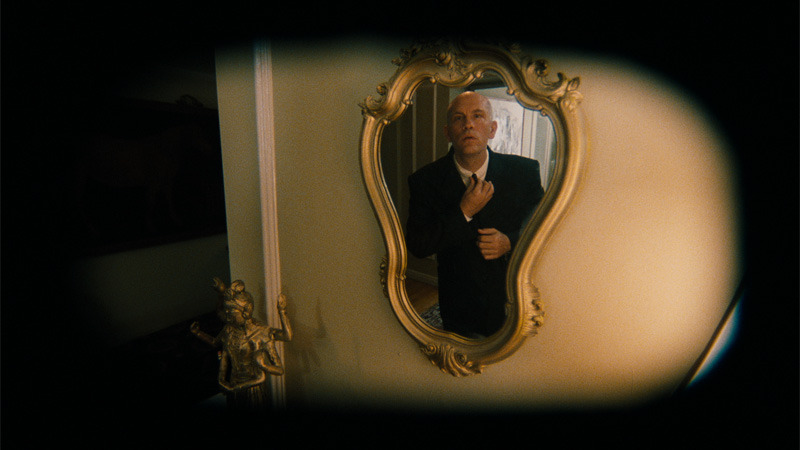
Kaufman didn’t suddenly wake with the fully devised script to Being John Malkovich, in fact he has stated it began life as an idea concerning a man who was in love with someone other than his wife – story wise nothing too remarkable there. The lesson here is that completed scripts take work – more than just one idea, the first idea, or a jumble of ideas. Floor 7 ½ was another idea, followed by the portal to someone’s mind.
All these ideas were then mixed together merged and worked upon to form a cohesive story. Imagine, if a different approach had been taken, Being John Malkovich as a shorter sequence in an anthology film, along with another story about Floor 7 ½ and another other tale about a puppeteer who doesn’t love his wife, then one about a dowdy woman with a monkey in a cage– ‘cult’ as it may have become (if it was ever made), a great film would have been wasted.
Many a budding writer/film buff has probably encountered someone who has bored/bullied them with their great/wacky idea for a script, someone who will never write it, if they did, they would soon see how limited that idea alone was/is. It is easy to have an idea or several ideas for a feature film but crafting one or more of them into a story requires work, here Kaufman’s script teaches the writer that it is worth working at.
7. Make Everything Count
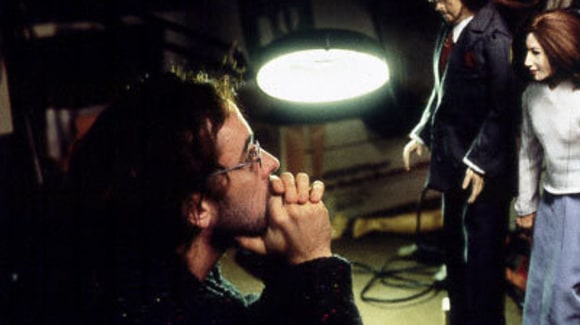
A simple one but necessary, everything should function to serve the script, be this through driving story forward or revealing character and/or themes. Craig isn’t some ‘random guy’ who lives with his wife/girlfriend, watches T.V and has no job, neither is he an office temp ready for the next job.
Craig is an out of work puppeteer, someone used to controlling the actions of characters; one could say someone who inhabits the minds of these would be characters. Craig’s profession is an indication of his character – pre-determining how he might behave in a given situation and in turn how the plot unfolds.
Crucially the puppeteer aspect also adds some depth to the overall thematic nature of the film, hopefully provoking thought. Everything should count in some way toward the script the writer can afford to miss the potential for enhancing its potential, neither should they add in superfluous detail.
8. Underdogs and Antagonists – Nothing is Set in Stone – But…
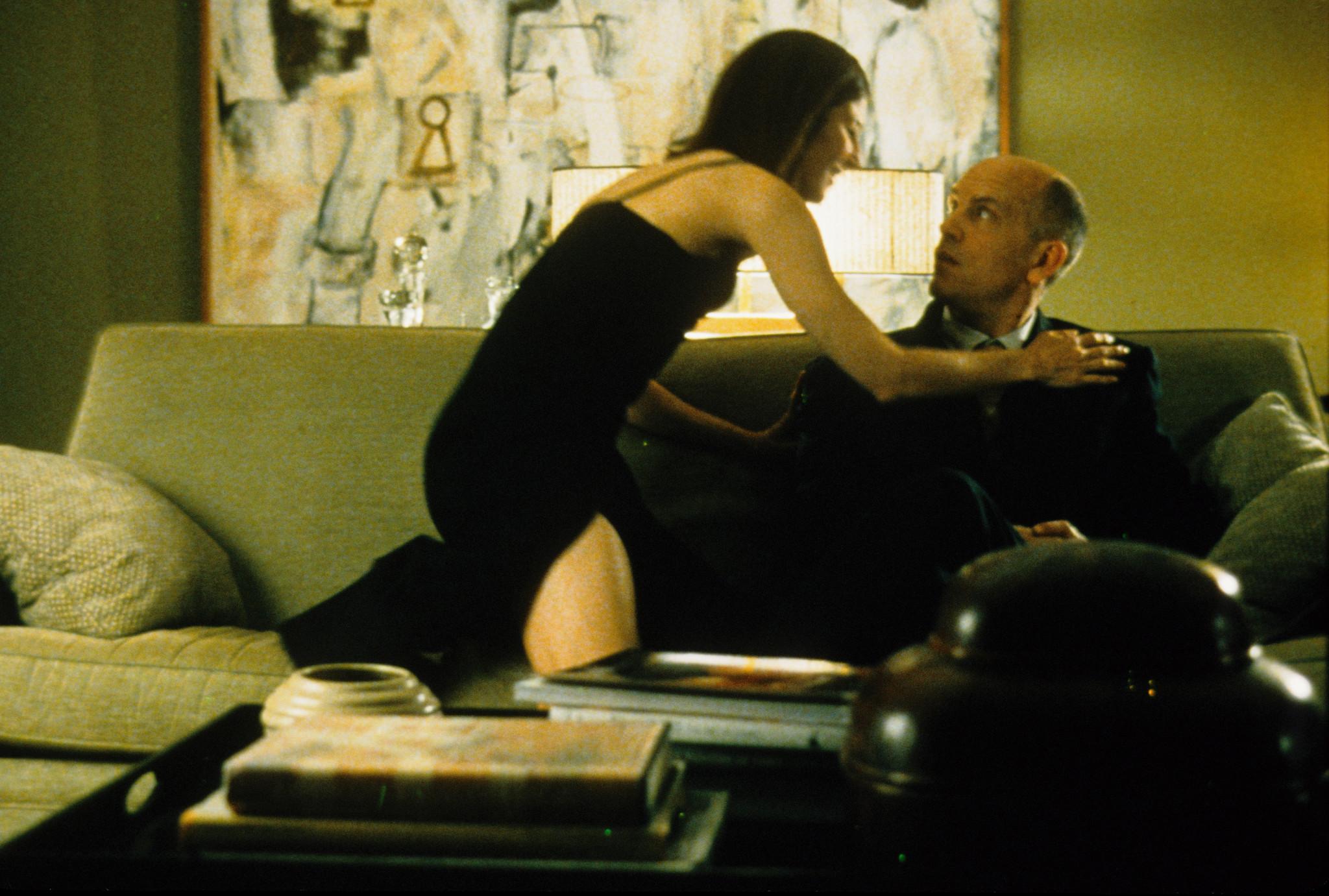
Following on from the point above, Craig is not a cut and thrust executive who stumbles across the portal whilst visiting an office one day. Lotte is not his ‘trophy wife’ with a love of parties and expensive clothes, she cares for animals. Screen short hand typically indicates that audiences emphasise with those who care for animals; we assume them to be good people.
Likewise, an audience soon find an understanding with a character short of money, just as quickly as they can take against a wealthy character. Both Lotte and Craig are underdog characters, contrasted against Maxine (Catherine Keener), a cold and manipulative character, in well-paid employment, they both seen that much nicer. Again, audience empathy is important, without it a viewer just won’t bond with a character(s) and stick with them through the film.
However, put upon if slightly lazy underdog as Craig may seem, he is also the film’s antagonist, viewing the portal as a means to make money, to control/live as someone else and to cheat/deceive his wife.
It is Craig who causes disruption both in the first instance by turning Malkovich into a money-making venture and later by refusing the leave Malkovich. As Stuart Voytilla observed in his book concerning Myth and the Movies, (founded upon Joseph Campbell’s mythic archetypes), character type is not set in stone, as they can change ‘role’ or ‘mask’ as the story progresses.
In this sense, Craig can be seen to change mask. Or, perhaps it is that underdog as he might be, Kaufman is playing with stereotype and screen short hand slightly to depict Craig as anti-underdog hero, one who an audience understand the initial plight of but don’t particularly like, in many ways this makes the character that bit more real. Craig could also be considered a ‘tragic hero’, engineering his own demise.
One could argue that all this means an audience don’t actually have to like a character at all, but it is worth remembering that it is Lotte who is the true underdog, a victim (shut in a cage at one point) and ultimately a ‘saviour’ by the end. In short – nothing is set in stone but a writer still needs to be aware of how audience empathy and general character stereotypes/screen short hand functions.
9. Leave an Audience with Your Script in Their Head
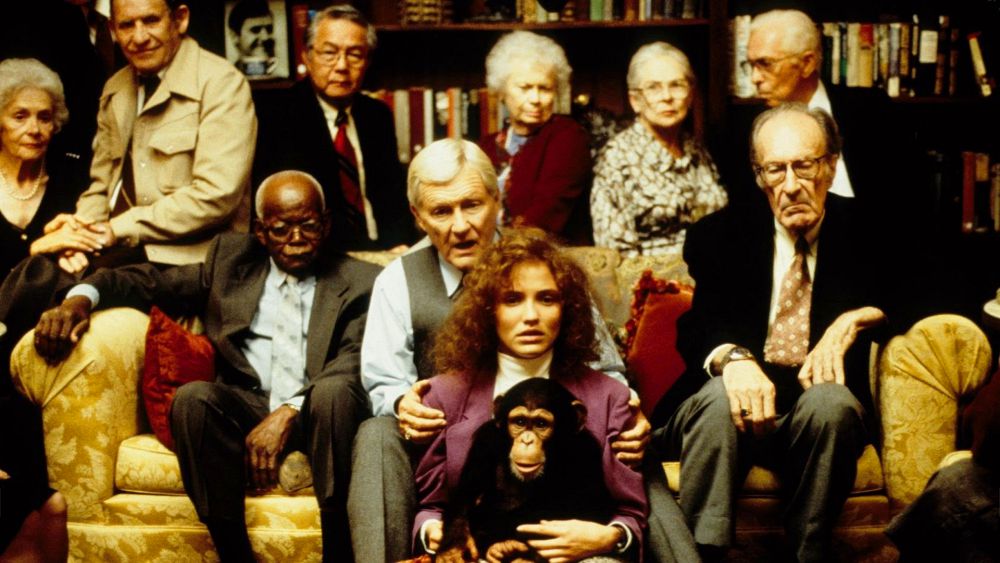
Be it the reader of the script or the audience of the finished film, the final scene or sequence is frequently what one recalls as they leave the cinema or place the manuscript down. This can be make or break, many a duff film is saved by a memorable finale, many a great film is let down by a duff climax.
Being John Malkovich is often regarded as a film with almost too many potential issues for discussion: virtual reality, what is reality, different perceptions of the same reality, sexuality, re-incarnation, mental illness – the list goes on. How does the film end – with Craig’s voice playing out as what could be interpreted as Emily’s (Maxine and Lotte/Malkovich’s own daughter’s) subconscious, expressing her love for Maxine (her own mother).
Creepy, haunting, thought provoking and open to discussion, the audience are not going to forget it as they leave the cinema (even if they want to). Here Being John Malkovich teaches the writer that the best way to get into your audiences’ minds is to send them away thinking, and/or slightly disturbed.
10. Originality = Commercial Unpredictability
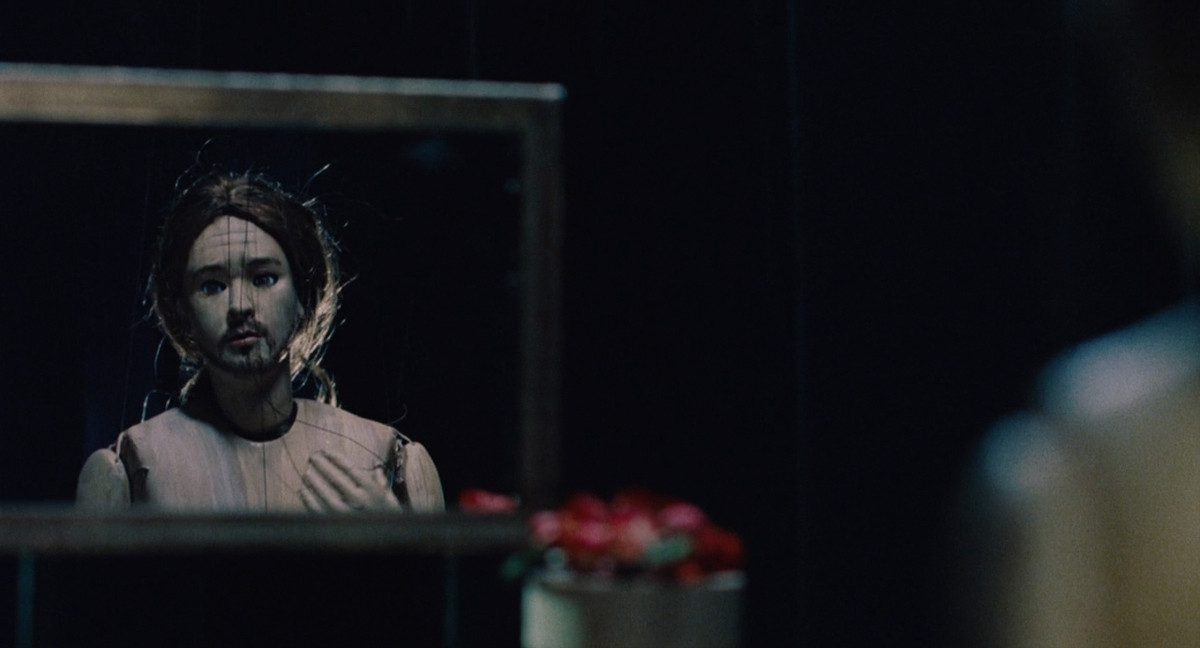
Being John Malkovich was and still is an original concept for a film, but it is perhaps luck the film was made at all. Films are under pressure to make money and scripts need to indicate the potential for this – something new and/or unusual carries with the risk of potential runaway success or disastrous failure.
Being John Malkovich was nothing short of a gamble. As studio executives at the time questioned – ‘why the fuck can’t it be being Tom Cruise’ – then, and still possibly now, a more bankable mainstream star.
Making any film so integral to its star is also a gamble, what if they didn’t want to sign up to it, as John Malkovich himself said: “Either the movie’s a bomb and it’s got not only my name above the title but my name in the title, so I’m fucked that way; or it does well and I’m just forever associated with this character.
Of course, another actor could have played John Malkovich but that may have just been more complicated (worth noting here that the character in the film is listed as John Horatio Malkovich – not the actor playing the role – John Gavin Malkovich).
Although, in 1999 and now John Malkovich holds a certain cult mystique – something the film taps into, however much the performance may be self parody of this image. One could argue the title alone made the film commercial enough. Almost 20 years later, this still holds up, in 50 or 60 years – time will tell, possibly it will not or even now does not matter if audiences still recognise Malkovich as a real person.
Being original is great, but if an idea is too out there, it is going to struggle for backers. However, such a concept once established, does pave the way for sequels, which seems to be a temptation so far resisted. Being John Malkovich should perhaps best remain unique and enigmatic.
Kaufman followed it up with lesser known film Human Nature in 2001, eventually regaining wider recognition with Adaptation, Confessions of a Dangerous Mind and Eternal Sunshine of the Spotless Mind. Perhaps the time is now ripe for a fresh spin on the Being John Malkovich premise –perhaps technology is now doing that for us, either way, the writer has to make up their own mind…
Author Bio: George Cromack is a tutor at the University of Hull and also Coventry University’s Scarborough Campuses; with a BA in Scriptwriting he also teaches evening classes in Creative Writing, Scriptwriting and Film Studies for the WEA. Working towards his PhD focusing on Folk Horror, he is a keen writer of both prose and script, Cold Calling, a film short written by George premiered in October 2013. Follow him on Twitter @MadBasil.